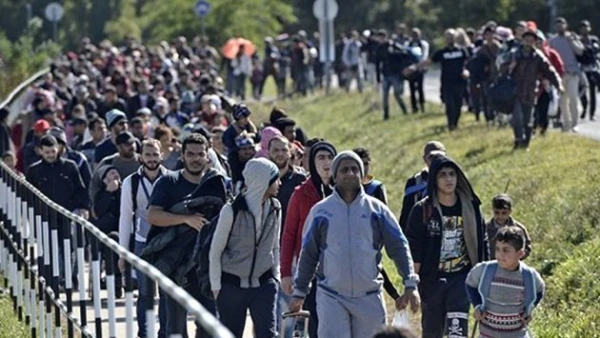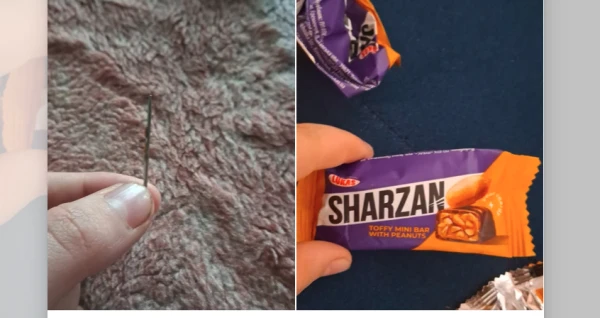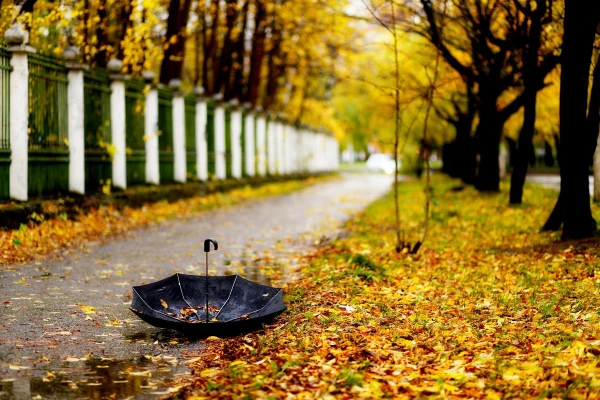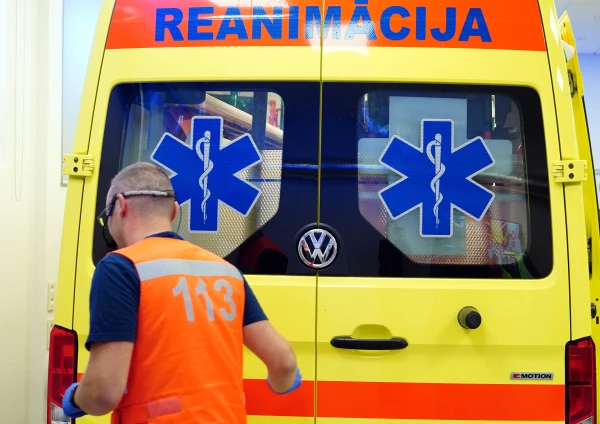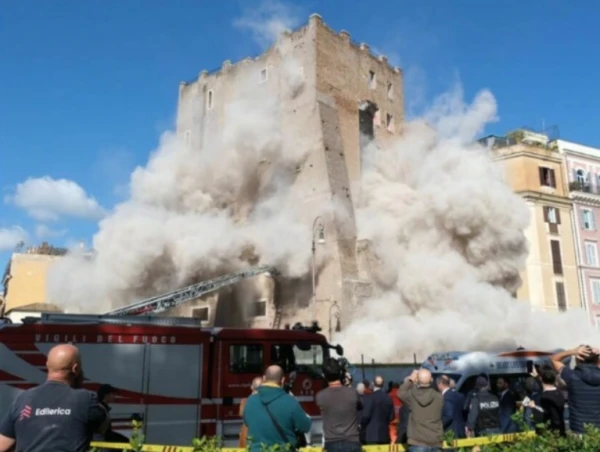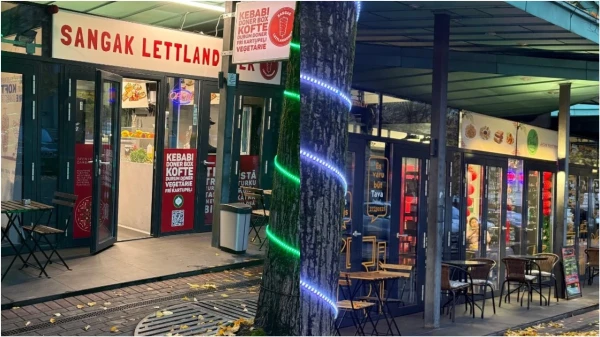
As recently as September, the enterprise 'Rīgas nami' advertised vacant spaces at the flower market as "the perfect place for a café, workshop, or store." The kiosks, covering 7.5 square meters, came with air conditioning, lighting, and even heated floors. The first to respond to the offer were the owners of snack bars.
The reaction of the city residents was swift.
"Gradually, everything will be destroyed by multiculturalism. Kebabs and Asian food in the place of 'Sakta' - soon Riga will look like any other European capital, where migrant fast food joints are on every corner," wrote one user on the social media platform X.
Former municipal employee and politician Maris Kaminskis reminded that he participated in the creation of the flower market in Vermanes Park: "Back then, we dreamed of having a market better than in Tallinn. But the florists couldn't afford the rent, and everything started to fade away. And now the question is - can kebabs pay the same price?"
Some commentators went further, suggesting that such establishments might have "sponsors" interested in spreading migration businesses across Europe. Others quoted the French press, where police indeed report cases of money laundering through small eateries and salons.
But there were also those who viewed the situation with irony. "'Sakta' has long lost its relevance. Soon, instead of flower sellers, there will be vending machines - like coffee machines, only with bouquets. And kebab is just an intermediate stage," wrote one commentator.
In any case, the story of the once-iconic market has become a symbol of change for many Riga residents - not only gastronomic but also cultural. Flowers give way to fast food, and nostalgia gives way to the smell of grilled meat.
